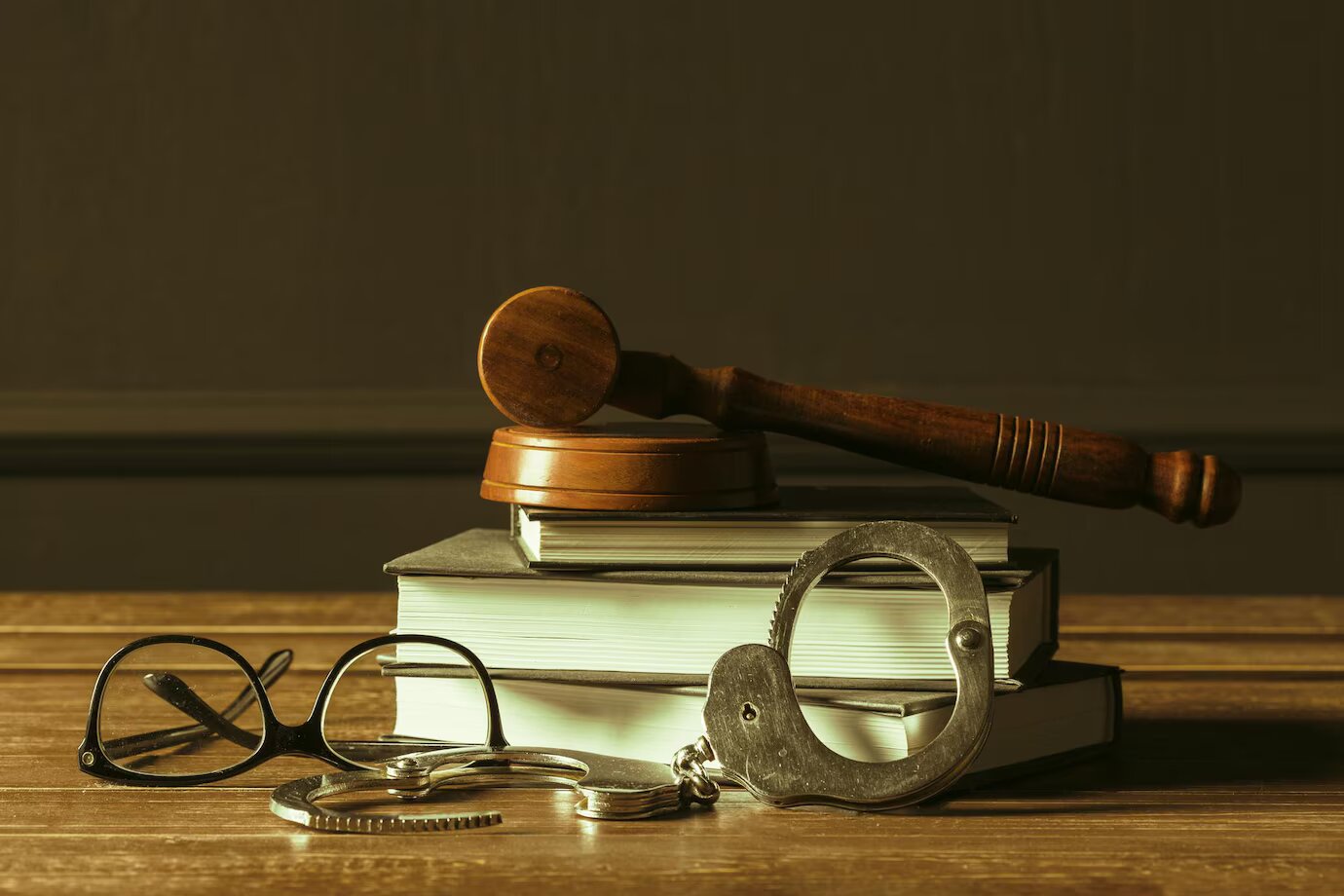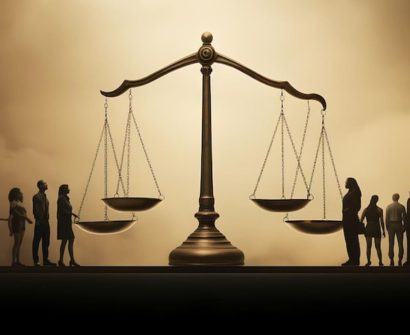
Plea bargaining, which is recognized as a successful method to resolve cases while lowering the strain on courts, has been for decades an essential component of the criminal justice system. But beyond its apparent efficiency is a complex ecosystem full of moral, legal, and ethical problems. Essentially, establishing fairness in plea bargaining involves finding an appropriate balance between justice as well as expediency.
plea bargain meaning
- As per the definition of plea bargaining, plea and bargaining are terms for “request” and “negotiation,” respectively.
- To put it simply, it refers to a procedure when a defendant facing criminal charges bargains with the prosecution for a sentence that is less severe than the statute of limitations by entering a guilty plea to a less serious charge.
- The foundation of it is the idea of “Nolo Contendere,” which translates to “I do not wish to contend.”
A plea bargain is reached when:
- Instead of requiring the prosecution to prove the defendant’s guilt beyond a reasonable doubt, the defendant consents to confess guilt of a criminal offense.
- In exchange for the defendant’s admission of guilt, the prosecution offers the defendant some kind of compromise, such as a lesser charge or less severe punishment.
3 types of plea bargains
- Sentence bargaining: This occurs when the accused or defendant is informed of the punishment they will get if they enter a guilty plea.
- Charge Bargaining: It is subdivided into two categories: distinct charges and multiple charges.
- Fact Bargaining: When a prosecutor engages in fact bargaining, they agree not to refute an accused party’s account of events or disclose a bothersome factual circumstance to the court. In exchange for a guilty plea, a choice presentation of the facts is agreed upon.
ethics of plea bargaining
Plea bargaining is a morally dubious institution that is intrinsically faulty. The two main ethical issues that have been raised are:
- the question of innocent people entering guilty pleas and
- the state’s purported incentive to coerce defendants against their will.
juvenile plea bargaining: What is It?
- Juvenile court plea bargains are essentially structurally identical to adult court charge and sentence agreements, and they are produced for many of the same reasons (i.e., both parties have satisfactory outcomes).
- However, there is no danger of trial penalty, no jury trial offered to young defendants, and no role distortion.
- It has been determined that plea bargaining and entering a guilty plea in juvenile court do not infringe upon the fundamental justice guaranteed by the Constitution to every juvenile offender.
plea bargaining crpc: Who Can Apply?
- A person accused of an offense may apply for a plea bargain in the court where the offense is pending trial, per section 265B of the Criminal Procedure Code.
- The application must be submitted with an affidavit and will include a brief summary of the matter.
plea bargain process
- A preliminary hearing is part of the plea bargaining process, which verifies that the accused has willingly and intentionally accepted the plea agreements and is aware of the implications of entering a plea.
- The court will handle the matter in line with the provisions of the plea agreement if it is convinced that the plea was entered into voluntarily and intentionally.
cases where plea bargaining was used
The examples of plea bargaining cases are:
- In the case of Kachhia Patel Shantilal Koderlal v State of Gujarat and Anr, according to the Supreme Court, plea bargaining is unlawful, unconstitutional, and may promote collusion and corruption.
- The court disapproved of plea bargaining and declared it to be illegal in the State of Uttar Pradesh v Chandrika case. to be unlawful and condemned the practice. The Court held that the resolution of criminal matters could not be predicated on the idea of plea bargaining. In these cases, merit should be the only determining factor. It went on to say that the accused ought to be punished in line with the requirements of any relevant statute or law.
Plea bargaining is an important part of the Indian criminal justice system and a useful strategy. It acts as a channel for communication between the prosecution and the accused, opening the door to the prospect of a win-win settlement that offers a different approach to ending criminal cases, increases judicial efficiency, and protects court resources. Plea bargains can assist speed up the court system and provide criminal cases with a just and effective conclusion.
When considering plea agreements, judges must, nevertheless, use their discretion carefully and sensibly, keeping in mind the nature and gravity of the offense, the victim’s requirements and interests, and the effect on the administration of justice.
Plea Bargaining FAQs
- Who is eligible for plea bargaining?
Plea bargaining is only available for crimes with a maximum sentence of seven years in jail or less. Cases involving serious offenses that carry a sentence of life in prison, death, or more than seven years are excluded.
- What is the justification of the plea bargain?
Nowadays, it is common to see plea bargains accepted by the majority of criminal defendants since they allow the offender to lessen their punishment by sincerely admitting their own guilt.
- In which Offence plea bargaining is not applicable?
Plea bargaining is permitted under the CrPC for crimes carrying a maximum sentence of seven years in jail. Additionally, offenses that have an impact on the nation’s socioeconomic standing or that target a woman or a kid under the age of 14 are prohibited from using this instrument.
- Who can move court for plea bargaining?
- Accused Individual: If an individual is charged with a crime, they may petition the court to enter into a plea agreement.
- Accused’s Counsel: The accused’s attorney may also petition the court to enter a plea agreement on the accused’s behalf.
- What is the doctrine of plea bargaining?
In this type of bargaining, the accused or defendant consents to enter a guilty plea to the first allegations brought forth by the prosecution in exchange for a sentence that is less severe than what they may get if found guilty at trial.
- Is plea bargaining a human right?
Subject to the bare minimum requirements of a voluntary, informed, clear-cut, and fact-based plea of guilt, human rights law has accepted the legitimacy of plea bargaining as a means of certifying the proceedings as a fair trial.
- In which case a plea bargaining application can be filed?
A person facing criminal charges has thirty days from the date the charge was framed to submit an application for plea negotiation in the court where the case is still before trial.
The reputable Jaipur Online rjs coaching program “Jyoti Judiciary Coaching” aids students in getting ready for the RJS exam. A systematic approach to RJS test preparation is made possible by Jyoti Judiciary, the top offline and online RJS coaching program in Jaipur. Their curriculum has been carefully designed to cover all the subjects and courses required for passing the Rajasthan Judicial Service Examinations.
- Which coaching is best for judiciary?
The most effective judiciary coaching in Jaipur is provided by Jyoti Judiciary Coaching. The objective is to create a comfortable learning environment for the students. It makes the difficult task seem easy, which increases the likelihood of achieving the desired outcome. The objective at Jyoti Judiciary is to give students the best possible education possible. The Institute pledges to use every resource at its disposal to provide you with the finest preparation for the Judicial Services entrance examinations.
With the goal of giving students the best coaching available for law entrance exams including the CLAT, AILET, and various other numerous state judiciary exams, Jyoti Judiciary Coaching, India’s Finest educational Platform, was established. Come enrol now with Jyoti Judiciary!
For any latest news, legal topics, judiciary exams notifications, patterns, etc watch Jyoti Judiciary’s YouTube channel for legal videos for any updates at https://youtube.com/@jyotijudiciarycoaching4852?si=2cwubh9d2A9urwJf










